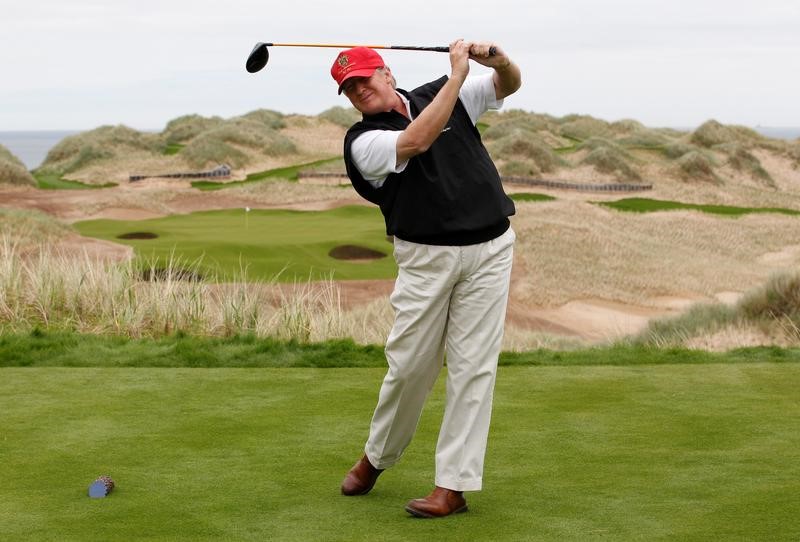WASHINGTON (Reuters) - President Donald Trump's emergency declaration, which he says allows him to redirect federal funds to build a U.S.-Mexico border wall, will stay in effect after the U.S. Senate on Thursday failed to override his veto of legislation terminating the executive action.
The Senate voted 53-36 on whether to override the veto that Trump issued on Tuesday of legislation approved by the Senate and House of Representatives to kill his controversial border emergency.
That was well below the two-thirds majority needed in the 100-member chamber to overturn a presidential veto.
This marked the second time since February, when Trump issued the emergency declaration, that Congress failed to override his veto.
Ten Senate Republicans joined with 43 Senate Democrats in the failed veto override attempt.
Trump made the construction of a wall along the U.S.-Mexico border a central promise of his 2016 presidential campaign to stop the flow of people without immigration documents from coming into the United States.
At the time he insisted that Mexico would pay for the wall, an idea the Mexican government never embraced.
Having failed to build the wall at Mexico's expense, Trump waged several failed attempts to get the U.S. Congress to provide money for what would cost taxpayers an estimated $25 billion or more for a wall.
As a result, he used his executive powers to shift money from the military budget, including appropriated funds for housing, schools and childcare for soldiers and their families.
Democrats have maintained that the action is illegal as Congress has the constitutional authority to decide how federal funds are spent.
Most Democrats and many Republicans in Congress argue that there are more effective, less expensive ways of controlling the southern border, where large numbers of immigrants from troubled Central American countries and elsewhere arrive each year.
